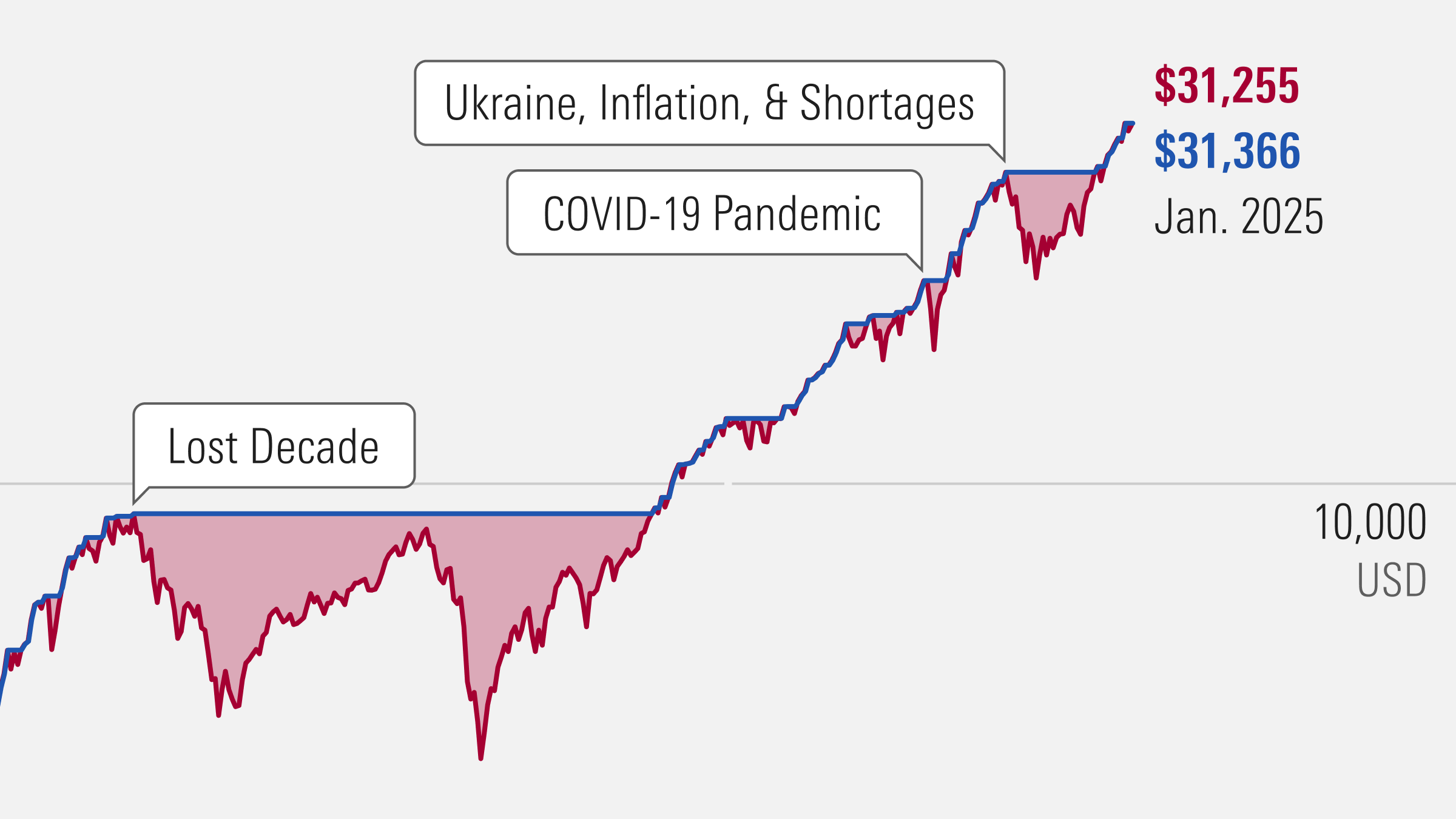
Today, April 23, “flash” estimates for purchasing managers’ indexes (PMI) in the UK and Eurozone have been released. These data sets are closely watched for signs of recovery in key economic sectors like manufacturing and services. They are initial estimates for the current month that are subject to revision.
The eurozone economy expanded in April, according to provisional PMI survey data provided by S&P Global today, driven by strong growth in the services sector.
The seasonally adjusted HCOB Flash Eurozone Composite PMI Output Index rose from 50.3 in March to 51.4, much higher than FacSet consensus of 50.8, taking the eurozone economy further over the line that marks expansion from contraction. The index is now at an 11-month high.
Commenting on the flash PMI data and the service sector bounce, Dr. Cyrus de la Rubia, chief economist at Hamburg Commercial Bank (HCOB), said:
"Several factors indicate that the recovery in the private service sector, which dominates the entire economy, is poised to be sustained. Firstly, there has been a positive momentum in new business for the past two months, which translates also into a bolder hiring policy. Secondly, the higher increases in output prices are not only a response to the faster rise in input costs but also reflect the confidence of service providers in setting prices.
"Lastly, the recovery is occurring simultaneously in the two most significant economies of the eurozone, Germany and France. This suggests the presence of common factors such as lower inflation and higher wages, which bolster purchasing power and contribute to the resurgence in the service sector."
Services Boom, Manufacturing Gloom
The main contributor in the eurozone came from the service sector, which rose for the third month in April after six months of decline. HCOB Flash Eurozone Services PMI was 52.9, an 11-month high and comfortably beating forecasts for a reading of 51.8. The reading was also higher than March's index of 51.5.
But the Manufacturing PMI Output Index undershot forecasts for a reading of 46.5, coming in at 45.6, and lower than March's figure of 46.1.
The HCOB chief economist noted that the manufacturing outlook may be brighter than the current malaise suggests.
“The best that can be said about the manufacturing sector in the eurozone is that production fell at the slowest rate for a year in April and that job losses have eased somewhat. Otherwise, the picture remains rather bleak, with new business continuing to decline rapidly, along with order backlogs.
"Weak demand for industrial products is also evident in the sharp decrease in the volume of purchased inputs and the absence of a turnaround in the inventory cycle. Although we anticipate a recovery in the manufacturing sector by the middle of the year, it's essential to consider structural factors influencing the sector
When Will the ECB Cut Rates?
The European Central Bank is now expected to cut interest rates in June, although the global narrative has shifted once again on rate expectations, especially for the Federal Reserve. Markets have started to re-consider the possibility of further rate hikes to curb inflation, which has proved stickier than expected in the US.
In April's meeting, some ECB governing council members had supported an interest rate cut, but held off making a decision until upcoming meetings.
HCOB's Dr. Cyrus de la Rubia argues that there's plenty in the current economic data to encourage caution by the ECB in cutting rates, but still thinks that June will see the first cut.
"The PMI figures are poised to test the ECB's willingness to cut interest rates in June. Accelerated increases in input costs, likely driven not only by higher oil prices but also, more concerningly, by higher wages, are a cause for scrutiny.
"Concurrently, service sector companies have raised their prices at a faster rate than in March, fuelling expectations that services inflation will persist. Despite these factors, we expect the ECB to cut rates in June. However, we doubt that the central bank will adopt a 'pragmatic speed', as suggested by François Villeroy de Galhau from the ECB. Instead, we expect a more cautious approach."



























